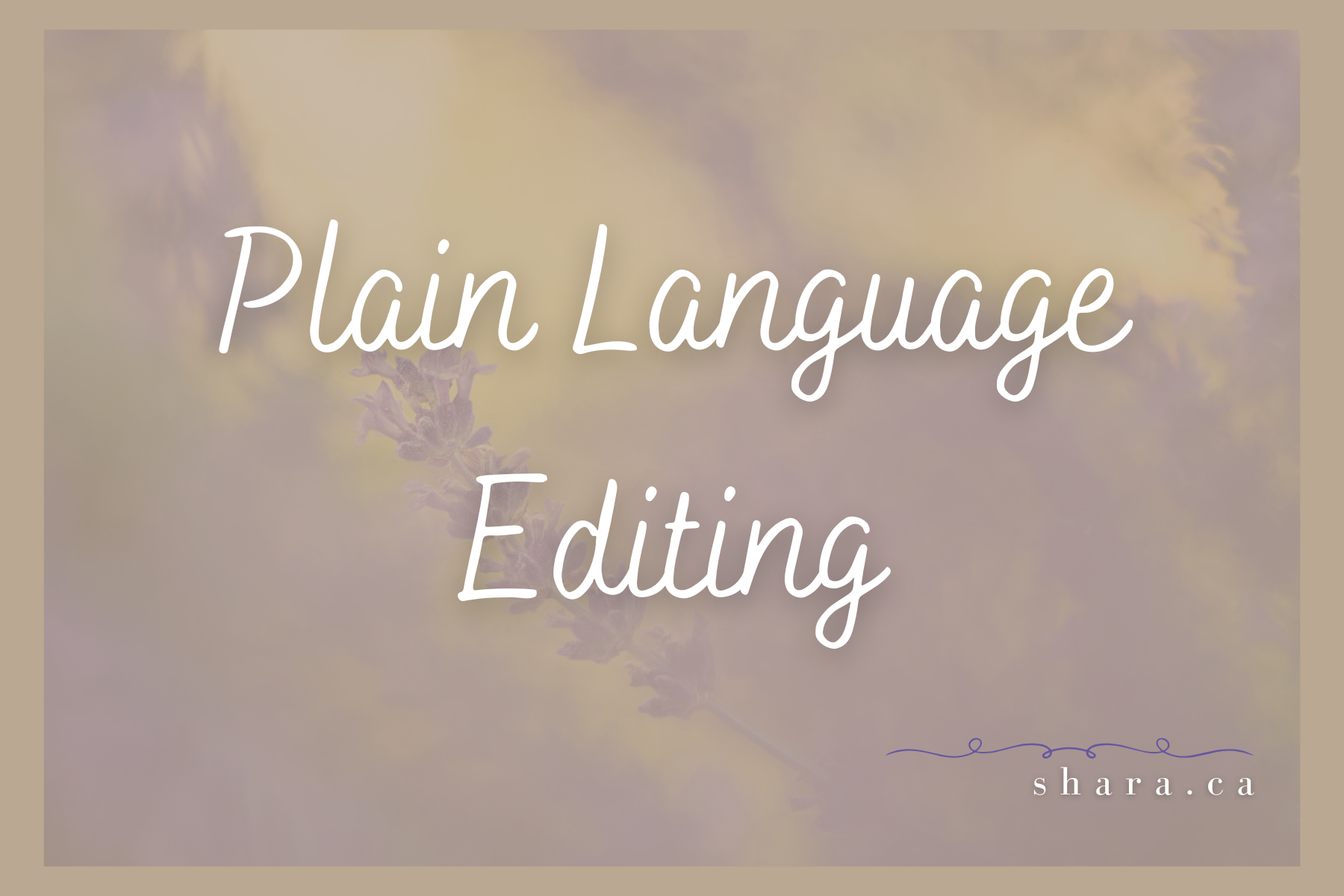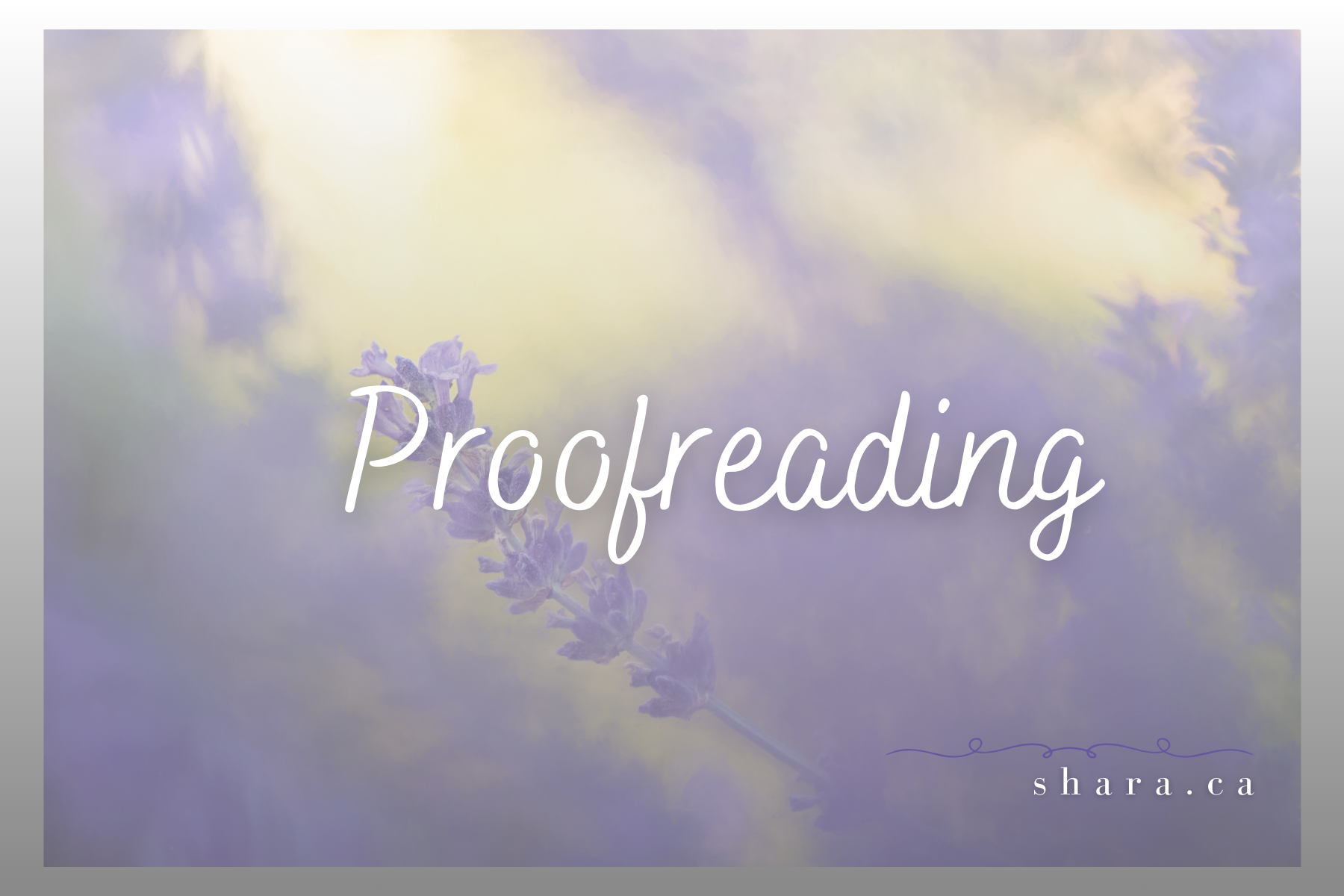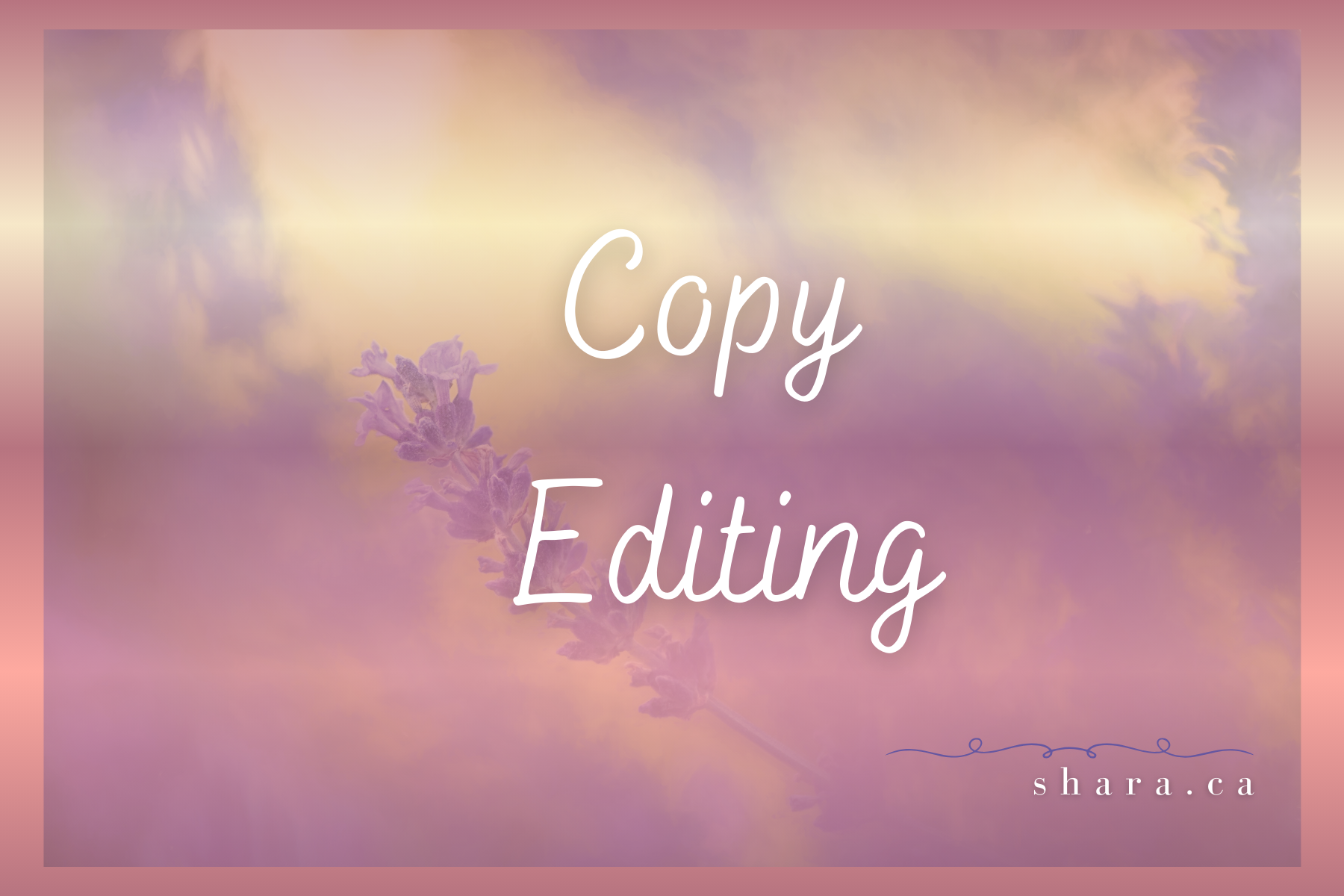When Feedback Feels Personal: Building Resilience as a Writer
There’s nothing quite like opening a file full of tracked changes for the first time. Red lines, comments in the margins, words struck through, sentences rewritten. Even when you’ve asked for this feedback, it can feel like a punch in the gut. You pour months or years into a manuscript, and suddenly it’s covered in edits. How could it not feel personal?
The first thing to know is that this reaction is normal. Every writer, no matter how seasoned, feels a sting when they see their work marked up. Writing is intimate. It’s your voice, your ideas, your imagination on the page. Critique can feel like critique of you. But that’s not what an editor is doing. The editor is looking at the manuscript, not the person behind it. They’re focusing on how the text functions for a reader, not on your worth as a writer.
Still, knowing that intellectually doesn’t always help emotionally. That’s why resilience matters. Building the ability to process feedback without being derailed is one of the most important skills a writer can cultivate.
Resilience starts with reframing. Instead of seeing edits as judgment, see them as collaboration. An editor’s goal is not to tear down but to strengthen. Each comment is a map pointing to where a reader might stumble, get confused, or lose interest. Edits are not saying, “You failed.” They’re saying, “Here’s where the text can work harder.”
Another strategy is to create space between receiving feedback and reacting to it. Don’t open an edited file late at night when you’re tired. Don’t skim the comments while you’re rushing to do something else. Set aside time, and give yourself permission not to respond immediately. Read through the edits, then walk away. Let the emotional reaction settle. Often, what feels overwhelming in the moment looks reasonable the next day.
It also helps to remember that you’re in control. Editors make suggestions, not commands. Track Changes exists so you can accept or reject each one. You’re the author. If a change doesn’t fit your vision, you don’t have to keep it. The point of editing is communication. Sometimes you’ll agree right away. Sometimes you’ll push back. Both are valid.
If a comment feels unclear or harsh, ask about it. Editors want you to understand their reasoning. Most of us are happy to explain why we flagged something, and often the conversation leads to a solution better than either of us imagined and that always feels amazing!
Over time, writers learn to anticipate the emotional wave that comes with edits. The sting lessens. You start to see feedback not as a threat but as a resource. You even begin to look forward to it, because you know it means the manuscript is getting stronger.
Building resilience doesn’t mean ignoring your feelings it’s about learning to move through them without giving up. Give yourself time to react. Recognize the sting. Then shift your focus back to the purpose: making the book better.
No writer is immune to the vulnerability of being edited. But with practice, you can separate your sense of self from the manuscript, and trust that critique of the work is not critique of the writer.



